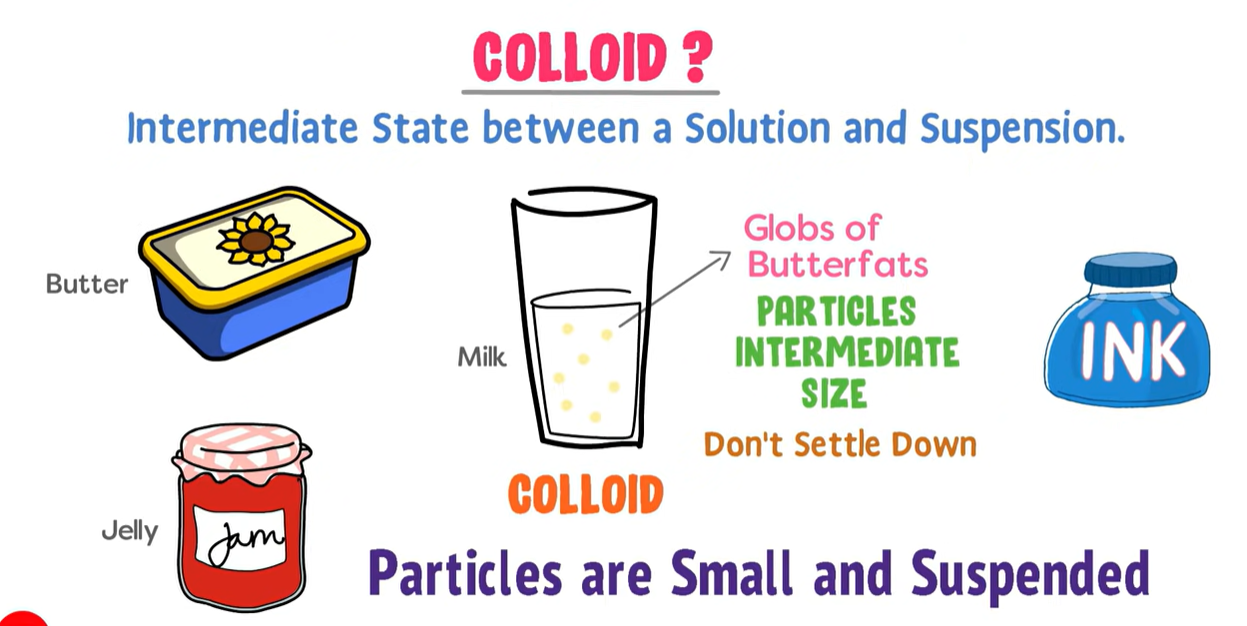Emulsification 101: What Makes a Vinaigrette Work?
KITCHEN SCIENCE: June 27, 2024
CONCEPTS
Emulsification: Understanding Solutions, Colloids and Suspensions
Chemical properties of ingredients: What is an emulsifier
Viscosity & Emulsion stability (and mouthfeel)
TOOLS & SUPPLIES
Measuring Spoon
Mixing Container (Bowl, Cup, Etc)
Red Vinegar
Olive Oil or Canola Oil
Salt & pepper
An emulsifier like honey, mustard
Dried herbs
What Makes a Vinaigrette Come Together?
In the final week of our June 2024 series, we will explored solutions, colloids and suspensions and how they show up in the kitchen. We made a vinaigrette and learn about the ingredients and how they impact the quality of the final product.
METHOD
Pour 1/2 cup of olive oil into mixing container
Add 2 tablespoons red vinegar
Add a pinch of salt and ¼ teaspoon of pepper.
Whisk or shake together. Gather your scientific observations - what does the solution look like, taste like and smell like?
Let the mixture sit, and see what happens.
Now, add the emulsifiers, like 1 tablespoon honey and 1 teaspoon dijon mustard.
Whisk or shake together until the mixture emulsifies, or comes together in a consistent suspension. Gather your scientific observations - what does the solution look like, taste like and smell like? What happens if you let this mixture sit?
What does the emulsifier do to the mixture? Why does it work?




